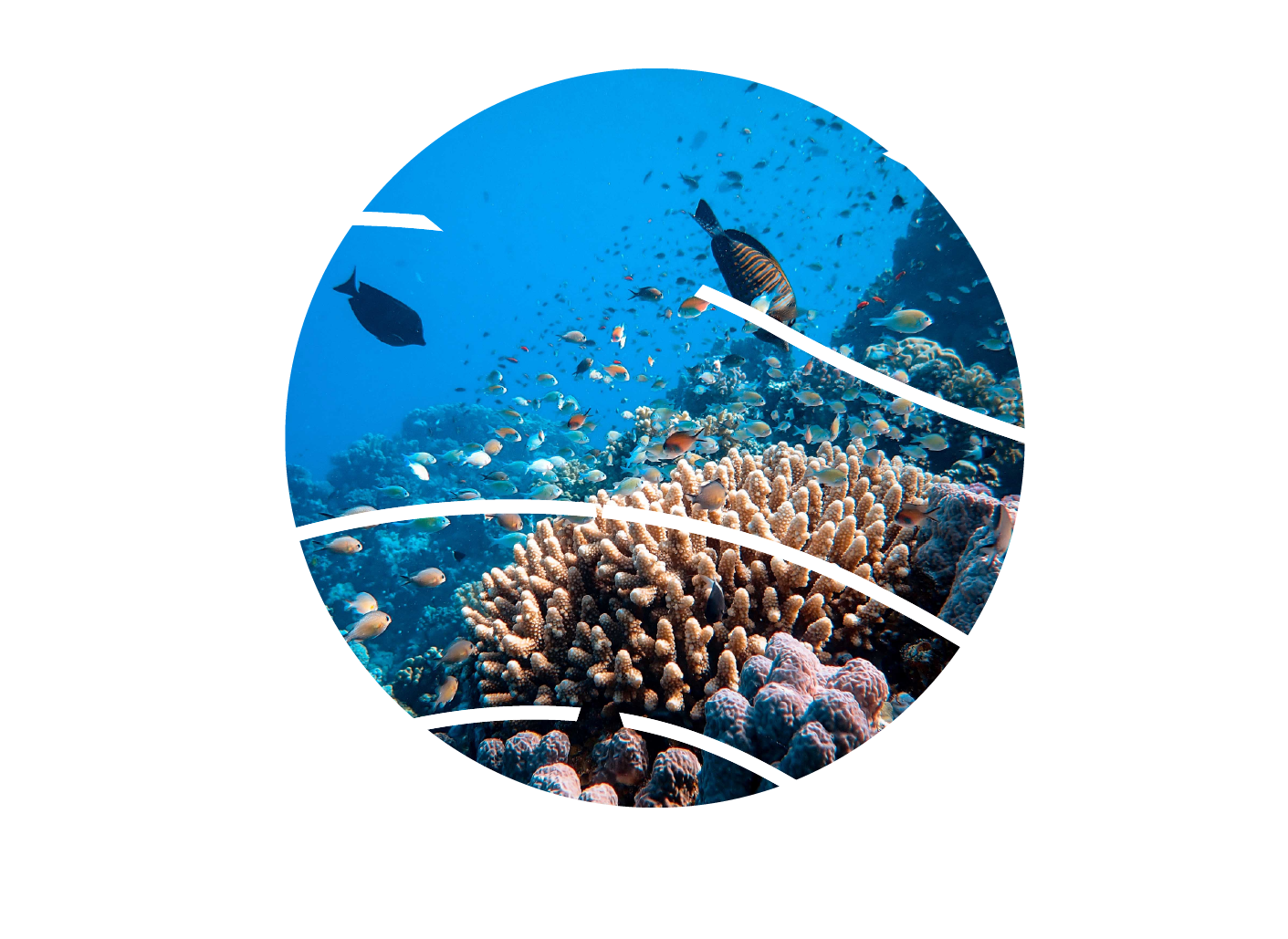
A Digital Twin of the Ocean is a virtual representation of all marine and coastal environments around the globe. It gives access to real-time and historical observations from thousands of sensors across the world ocean, as well as numerous satellites in space.
By integrating advanced numerical modelling, artificial intelligence, machine learning and high-performance computing, digital twins are able to generate the information needed to design the most effective and sustainable ways of protecting marine and coastal habitats, supporting a more sustainable blue economy, and mitigating and adapting to climate change.
The European Commission launched the European Digital Twin of the Ocean at the One Ocean Summit in Brest, France, in February 2022. As a main element of the Digital Ocean Knowledge System under the European Union’s “Mission Restore our Ocean and Waters”, its ambition is to make ocean information readily available to all – international policymakers, national governments, researchers, innovators, businesses, entrepreneurs, activists, and citizens.
The European Digital Twin of the Ocean will provide an innovative set of user-driven, interactive and decision-making tools, backed by the best science and data. Its core development is underway with the funding from the European Union (EU) through the European Digital Twin Ocean (EDITO) R&D projects. These two sister projects, namely EDITO-Infra and EDITO-Model Lab, will build the operational infrastructure of EDITO. EDITO will further construct and evolve a thriving digital ecosystem through a number of other relevant, complementary actions, aiming for an operational Digital Twin of the Ocean by 2024.
Continue to discover EDITO-Model Lab or explore the EDITO-Infra.
Explore two EU interdependent projects building the core of the European Digital Twin of the Ocean

A 2-year project that will build the public infrastructure backbone for EDITO by integrating key data service components (among which Copernicus Marine Service and EMODnet), and by sharing cloud processing capabilities and software into a single digital framework

A 3-year project aiming to develop the next generation of ocean models, combining artificial intelligence and high-performance computing to be integrated into the EDITO public infrastructure, providing access to focus applications and simulations of different what-if scenarios
What is a Digital Twin of the Ocean?
About EDITO-Infra
The main aim of the “EU Public Infrastructure for the European Digital Twin Ocean (EDITO-Infra)” project is to build the “backbone” public infrastructure for the EU Digital Twin of the Ocean.
The European Commission has mandated the main operators of Copernicus Marine (MOi) and EMODnet (VLIZ) to build, with a co-creative and fully inclusive approach, the backbone infrastructure (“EDITO-Infra”) of the future EU Digital Twin Ocean . EDITO will be an EU public infrastructure on which local digital twins of the Ocean will be able to be developed and run by, or for, a large variety of users.
Integrating a wide range of existing and new and alternative data sources, EDITO will combine next generation ocean modelling, Artificial Intelligence (AI) and HPC, developing interactivity and transforming the knowledge-sharing paradigm. It will leverage technology to create a digital replica of the ocean, allowing to, for example, test the effects of climate change scenarios and man-made pressures on the ocean climate system, as well as the effectiveness of mitigation and adaptation plans.
The knowledge generated by EDITO will provide every citizen of our blue planet effective means to better understand the ocean and make informed decisions, collectively sharing the responsibility to monitor, preserve and enhance marine and coastal habitats.
EDITO-Infra will be developed by upgrading, combining, and integrating key service components of the existing EU ocean observing, monitoring and data programmes, -namely “Copernicus Marine Service” and EMODnet– into a single digital framework. EDITO-Infra will be taking relevant scientific priorities into consideration, consulting with EU and international actors towards ensuring its ability to accommodate and to support complex and multi-disciplinary marine systems’ analysis and scenarios assessments.
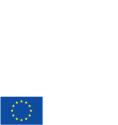
The Copernicus Marine Service is the marine component of the Copernicus Programme of the European Union. It provides free, regular and systematic authoritative information on the state of the Blue (physical), White (sea ice) and Green (biogeochemical) ocean, on a global and regional scale. It is designed to serve EU policies and International legal Commitments related to Ocean Governance, to cater for the needs of society at large for global ocean knowledge and to boost the Blue Economy across all maritime sectors by providing free-of-charge state-of-the-art ocean data and information.
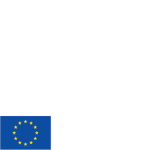
EMODnet is the most comprehensive in situ marine data service in Europe, offering a wealth of in water Ocean observations, data and data products, spanning the coast to the open Ocean and the surface to the deep sea.It provides easy and free access to marine data, metadata and data products and services, spanning seven broad disciplinary themes: bathymetry, geology, physics, chemistry, biology, seabed habitats and human activities. The recent thematic unification is a major upgrade, which simplifies access and enhances the EMODnet user experience.
Co-designing EDITO-Infra with a user-centric approach
EDITO-Infra will be developed following an interactive process engaging key Target Users, towards a fit-for-purpose infrastructure:
- Beta Testers: This Target Audience encompasses stakeholders who are an integral part of the co-design and co-development process of the EDITO-Infra architecture and tools. Beta-testers will be brought onboard and enabled to integrate new tools, software and services into the EDITO platform, following a collaborative approach towards enhanced ocean and coastal prediction capabilities in support of the EU Green Deal and Mission objectives.
- Intermediate users: This Target Audience encompasses stakeholders who might be able to integrate new models, tools and services into EDITO-Infra and extend its uptake amongst their own user communities, further strengthening monitoring and forecasting systems towards wider impacts.
- End-users: This Target Audience encompasses the wider scientific community, which will have access to the virtual co-working environment, models, tools and API’s of EDITO-Infra. A larger community will be served indirectly, through the access to the digital twins developed by intermediate users.
Connecting with other digital twinning initiatives
The European Digital Twin of the Ocean will model the ocean and provide knowledge and understanding of the past and present and create credible predictions of its future health. Learn more about the EU DTO and related initiatives.
Related projects
![]()
EDITO Model Lab is a 3-year project funded by the European Union (EU) aiming to develop the next generation of ocean models to be integrated into the EU public infrastructure of the European Digital Twin Ocean (EDITO-Infra). The project will demonstrate the feasibility to connect and interoperate on a common platform a large variety of ocean (and coastal) model components allowing for global, regional-to-coastal model configuration and the co-development of new simulations and scenarios for enhanced on-demand ocean forecasting and ocean climate prediction capacities.
Visit edito-modellab.eu
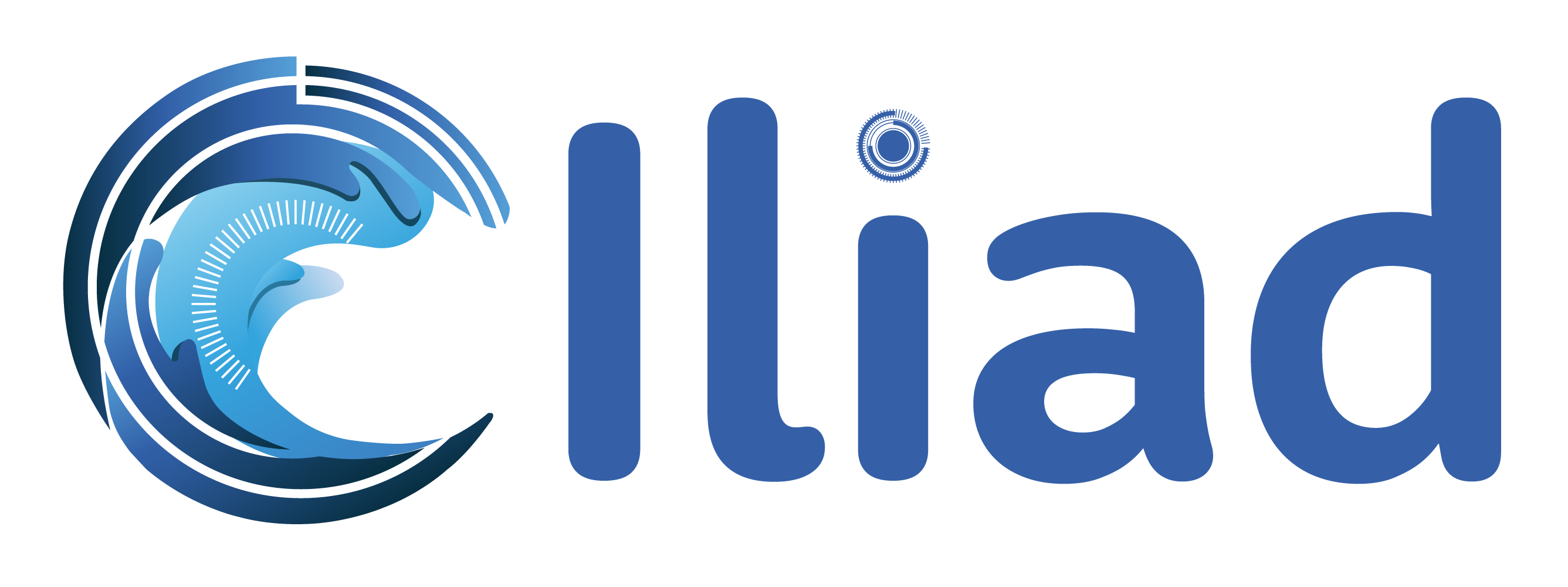
The Iliad Digital Twin of the Ocean, an EU funded project, builds on the assets resulting from two decades of investments in policies and infrastructures for the blue economy and aims at establishing an interoperable, data-intensive, and cost-effective Digital Twin of the Ocean.
Iliad capitalises on the explosion of new data provided by many different Earth observation sources, advanced computing infrastructures (cloud computing, HPC, Internet of Things, Big Data, social networking, and more) in an inclusive, virtual/augmented, and engaging fashion to address all Earth data challenges. It will contribute towards a sustainable ocean economy as defined by the Centre for the Fourth Industrial Revolution and the Ocean, a hub for global, multi-stakeholder co-operation.
Visit Iliad

The Horizon Europe “Blue-Cloud 2026” project (January 2023 – June 2026) builds upon and continues to further the work of the pilot Blue-Cloud project, which has established a pilot cyber platform providing researchers access to multi-disciplinary datasets from observations, analytical services, and computing facilities essential for blue science. Visit Blue-Cloud.
Visit Blue-Cloud.
Additionally, EDITO-Infra will seek to further engage with key EU initiatives, such as related European Open Science Cloud (EOSC) initiatives and Horizon Europe (HE) “Mission Lighthouses” and relevant R&D projects, including HE DTO-BioFlow, HE MARCO-BOLO, HE Eurosea and more.
Subscribe to the EDITO Newsletter
to stay informed about beta testing and other updates.
